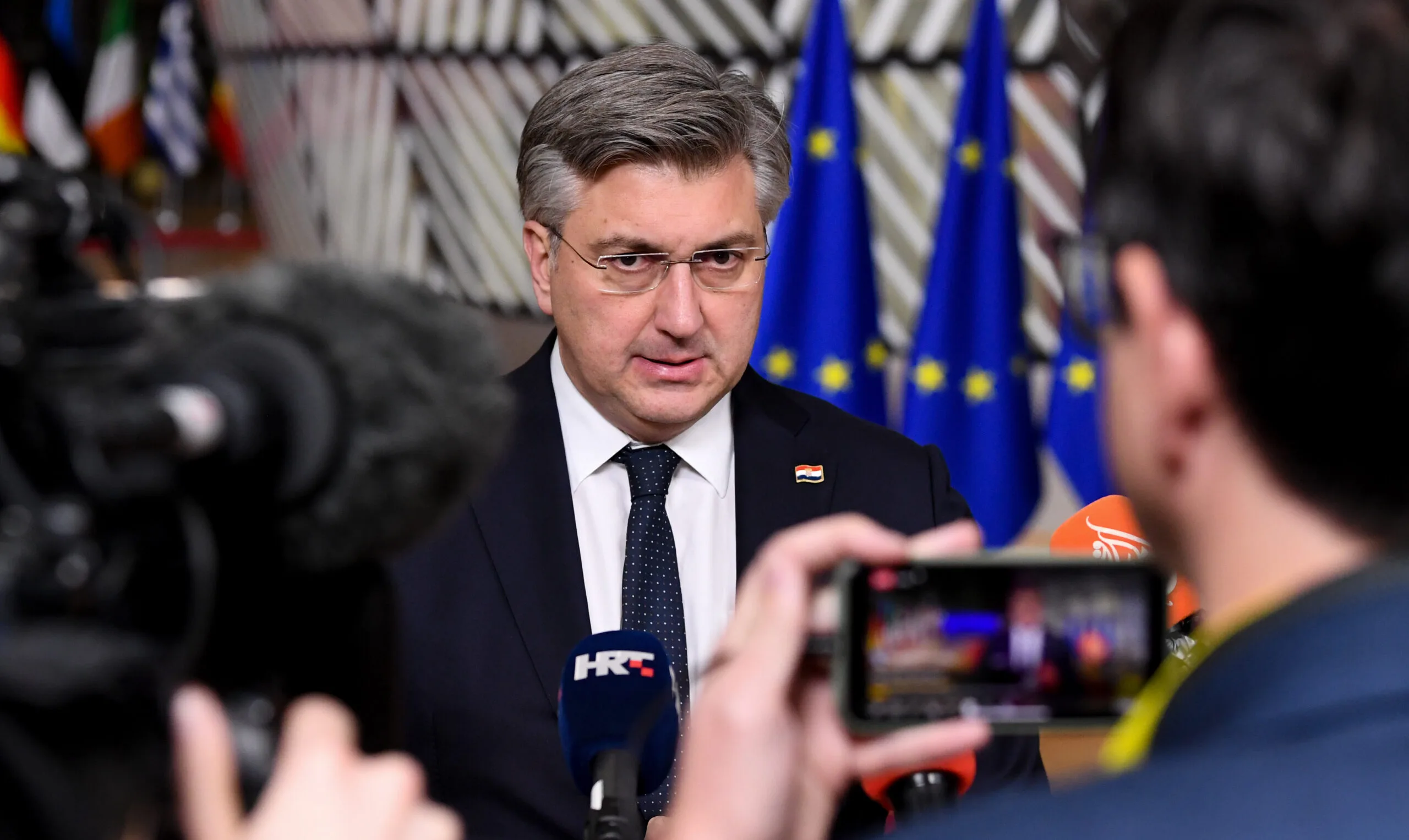Brussels – In Croatia, outgoing President Zoran Milanović overwhelmingly won the presidential elections runoff, inflicting a significant defeat on challenger Dragan Primorac and, by extension, on Prime Minister Andrej Plenkovic’s party, the Croatian Democratic Union (HDZ), of which Primorac is an expression. Yesterday (Jan. 12), at the polls, the Social Democrat Milanović won 78 percent of the vote, leaving the conservative candidate with a meager 22 percent.
Milanović, elected for the first time in 2020 and already prime minister from 2011 to 2016, was widely favored, as certified in the first round on Dec. 29, in which he came within a whisker of the 50 percent threshold that would have decreed his victory. Primorac got 19.3 percent of the vote. Even the latest polls ahead of the second round gave the conservative candidate less than 30 percent, while the outgoing president over 70 percent support.

In Zagreb, the president of the Republic mostly has a ceremonial function. However, he is also the head of the armed forces and coordinates the country’s foreign policy with the government. However, in a post-election results speech, Milanović said his victory is “a message about the situation in the country, for those who need to hear it.” An attack on Plenkovic’s government because the almost plebiscite support for Milanović “is not just support for me,” the president-elect continued. On the other hand, the HDZ in recent years has been embroiled in a series of corruption scandals which have led to the resignation or dismissal of more than thirty ministers, most recently the health care incumbent Vili Beroš, who was jailed last November.
Although supported by a center-left coalition led by the Social Democratic Party (SDP), Milanović has adopted a very aggressive rhetoric toward both the European Union and NATO and, over the years, increasingly repositioned himself in a populist direction. He even earned the nickname ‘Croatia’s Trump’. In the span of his first term, he openly criticized government-approved restrictions during the Covid pandemic, opposed the reception of migrants into the country, and strenuously defended the Croatian police force accused of violent rejections on the Balkan route.
The president is in stark contrast with the government regarding military support for Ukraine and Zagreb’s commitment to the Atlantic Alliance. Last October, he spoke out against sending Croatian military personnel to Germany who, in Plenkovic’s plans, were to participate in a training operation for Ukrainian troops. A move that Milanović said could have led Croatia into conflict with Russia. “As long as I am president, Croatian soldiers will not fight other people’s wars,” he reaffirmed during his election campaign. Last spring, the president also spoke out against Sweden and Finland joining NATO.
English version by the Translation Service of Withub




